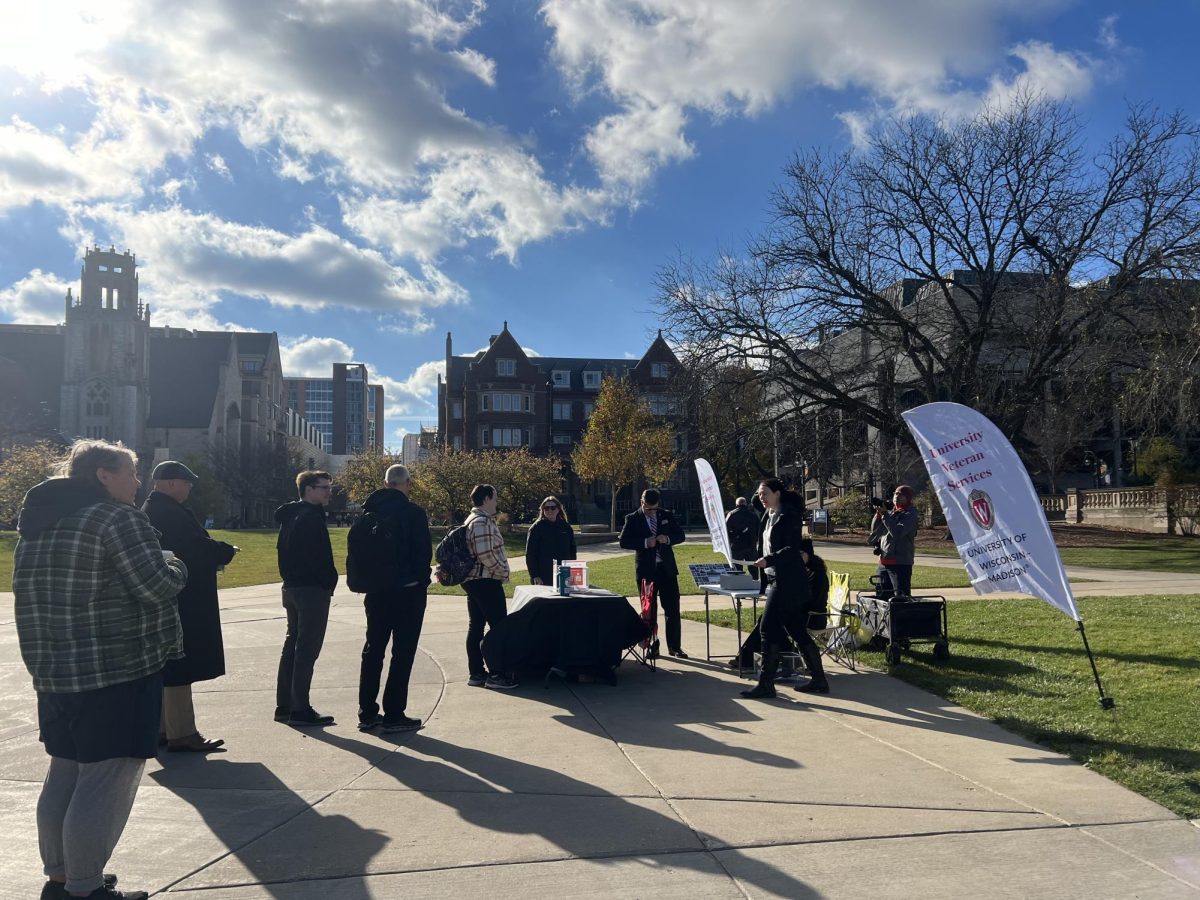One of the University of Wisconsin’s renowned centers for interdisciplinary research will be able to fund new collaborative projects with the renewal of an $18 million funding stream from the National Science Foundation.
After
facing intense competition from universities across the nation, Materials Research Science and Engineering Center Director
and UW professor Juan de Pablo said the renewed funding indicates the high quality of scientific research occurring at UW.
“All
of the money is invested in their research, so it all goes to fund students.
That’s the unique thing about this project,” de Pablo said.
According
to de Pablo, the application process to renew funding for the organization took more than
a year and required the center to redesign their research projects in order to
promote new studies.
A statement from UW said MRSEC will primarily focus on three new interdisciplinary research groups.
Chemical and biological engineering professor Thomas Kuech said the first group
will look to create new and more efficient semiconductor materials, such as
solar-powered cells.
A
second group will study the relationship between organic and inorganic
compounds, which could also aid the development of more efficient energy materials, the statement said.
The third research group will focus on liquid crystals’ responses to different chemicals
to create technologies with possible applications spanning from the detection of certain viruses in the medical field or to
design more efficient laptop screens.
However,
the funding will also be used to promote education and outreach activities for
K-12 students and teachers throughout the state. Kuech said every student and
faculty member in the Center is required to participate in these activities.
“These
kind of things are an incredible benefit not just for the students, but for the
university as a whole because it provides an incredible amount of
opportunities,” Kuech said. “There aren’t many centers like this, so it’s a
real recognition of both the research and the educational opportunities that
are going on.”
According
to de Pablo, the Center’s research has lead to breakthroughs in material
engineering fields, which has allowed for the development of successful start-up companies
that have created new jobs throughout Wisconsin and the nation.
Kuech
added the focus on interdisciplinary education in the Center brings together
students, teachers and entrepreneurs from various fields and across the state
in order to learn more about advances in scientific research.
“At
the university our mission is to do research education. We train people in
research by doing research,” Kuech said. “So it’s really trying to have a
more integrated approach in university and graduate education, to communicate
our results and … make them accessible.”
De
Pablo added the funding provides a state of the art environment where students
can pursue their degrees, ultimately producing more research and scientific
advances, as well as generating money for UW.
“It
cultivates enthusiasm and interest from our students,” de Pablo said. “It
reminds us that we have great people here and the scientific community
recognizes that. That just shows we have some really great people here at the
university.”












